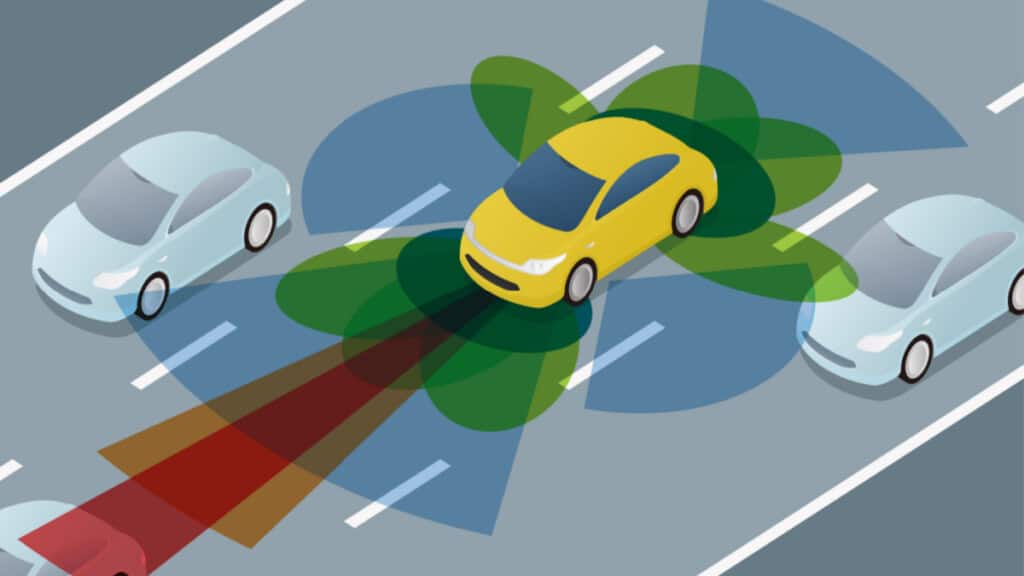Introduction
In the world of technology, malfunctions are inevitable. When your FCW (Forward Collision Warning) system fails, it’s like navigating through a fog, constantly uncertain of potential hazards ahead. However, with the right knowledge and guidance, you can troubleshoot and fix your FCW system, restoring your peace of mind on the road.

Image: durofy.com
Understanding the FCW System
The FCW system is an integral safety feature in modern vehicles, using sensors to detect approaching objects and issue an alert if a potential collision is imminent. This early warning provides you with valuable time to react accordingly, reducing the risk of accidents. However, malfunctions can occur due to various reasons, and it’s essential to address them promptly.
Common Causes of FCW System Failure
1. Sensor Malfunction:
Faulty sensors are the primary culprit behind FCW system failures. These sensors can become obstructed by dirt, debris, or ice, impairing their ability to detect objects accurately.
2. Calibration Issues:
Over time, the FCW system’s calibration can shift, resulting in false alerts or a failure to detect hazards. Calibration issues often arise due to changes in vehicle height, suspension components, or sensor alignment.
3. Software Glitches:
Software glitches can disrupt the FCW system’s functionality, causing sporadic failures or a complete system shutdown. These glitches may occur due to software updates, system updates, or software conflicts.
4. Electrical Faults:
Electrical faults, such as loose wires or damaged connectors, can interrupt the flow of electrical signals within the FCW system, affecting its performance or causing it to fail.
Troubleshooting and Resolution
1. Sensor Inspection:
Thoroughly inspect the sensors located at the front of the vehicle for any obstructions, dirt, or damage. Gently wipe away any debris with a soft cloth, ensuring not to damage the sensors.
2. Recalibration:
If the sensors appear clear, consider recalibrating the FCW system. Refer to your vehicle’s owner’s manual for specific instructions on how to initiate the recalibration process.
3. Software Updates:
Check if any software updates are available for your vehicle, as updates often address software glitches and improve system functionality. Contact your vehicle manufacturer or visit their website for information on available updates.
4. Electrical Inspection:
If sensor inspection, recalibration, and software updates do not resolve the issue, it’s recommended to have an experienced mechanic inspect the electrical wiring and connectors for any faults.
5. Expert Consultation:
If the DIY troubleshooting methods fail to fix the FCW system, it’s advisable to consult a qualified automotive technician. They can pinpoint the exact cause of the failure and perform the necessary repairs or replacements.

Image: mechanicbase.com
Importance of a Functional FCW System
A functioning FCW system is crucial for enhancing your safety on the road. By detecting potential collisions, it provides you with an extra layer of protection, giving you the time to react appropriately and avoid accidents. A faulty FCW system can compromise your safety, making it essential to address any failures promptly.
Fcw System Failed How To Fix It
Conclusion
Dealing with a failed FCW system can be daunting, but with the right knowledge and troubleshooting techniques, you can rectify the issue and restore your vehicle’s safety features. By following the steps outlined in this guide, adhering to safety precautions, and consulting experts when needed, you can ensure a fully functioning FCW system, empowering you to navigate the roads with increased confidence and safety.